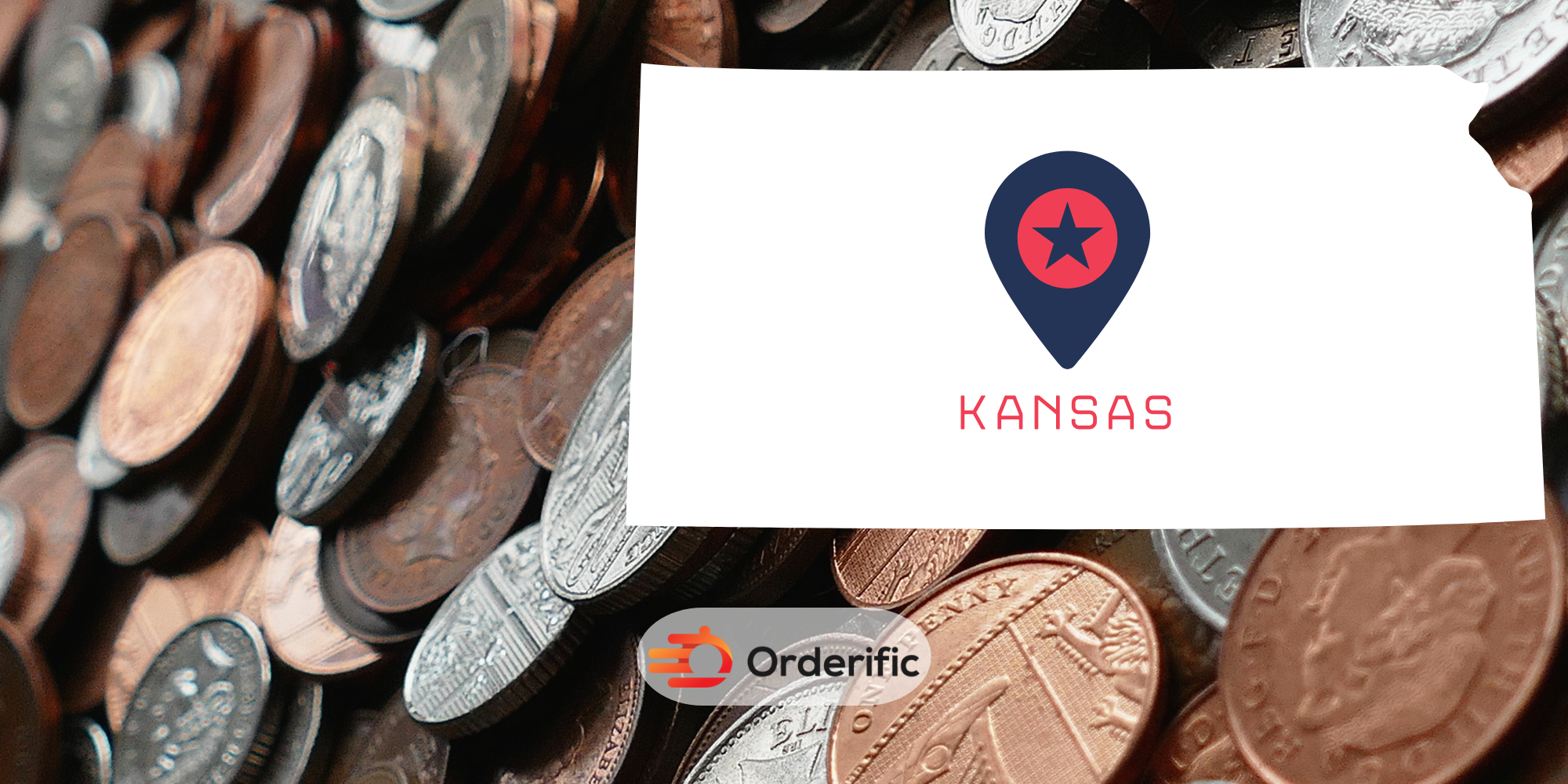Wages: the numbers on a paycheck, the compensation for hours spent working, and the reward for services provided. But behind these numbers lie millions of stories, struggles, and aspirations. In the heartland of America, within the vast stretches of prairies and bustling cities of Kansas, a topic of vigorous discussion revolves around the minimum wage.
In this article, we look to answer key questions surrounding minimum wage in Kansas and provide essential information on how to ensure fair pay for employees in the Sunflower State. Read on to learn more!

History of the Minimum Wage in Kansas
The history of minimum wage in Kansas dates back to the early 1900s when a state-wide minimum wage was first established. This came under the direction of the Kansas Minimum Wage Law in 1926, which set out an hourly rate for workers as well as limits on hours worked by women and minors.
When Was the Minimum Wage First Established in Kansas?
The federal minimum wage was introduced in 1938 at the rate of $0.25 per hour (equivalent to $5.19 in 2022). By 1950 the minimum wage had risen to $0.75 per hour. The purchasing power of the federal minimum wage has fluctuated; it was highest in February 1968, when it was $1.60 per hour.
Since then, the federal minimum wage has been increased periodically. In 2007, Kansas adopted the same rate as the federal minimum wage of $7.25 per hour, and this rate still stands today.
How Has the Minimum Wage Changed Over Time?
The minimum wage rate in Kansas is the same as the federal minimum wage rate, $7.25. It hasn’t changed since 2010. Kansas’ minimum wage rate applies to almost all employees, but here are some exceptions: Employers can take a “tip credit” of up to $5.12 per hour.
This means that an employer can pay tipped employees a minimum wage of $2.13 per hour in wages, as long as the tips they receive add up to the state minimum wage rate of $7.25 per hour.
What is the Current Status of the Minimum Wage in Kansas?
The current minimum wage rate in Kansas stands at $7.25 per hour and has not been increased since 2010 due to a lack of legislative action. There are currently no plans to increase the minimum wage shortly, leaving many workers struggling to make ends meet despite full-time employment.
Kansas Labor Laws and Employee Rights
Knowing your rights as an employee is essential for ensuring fair pay and a safe working environment. Here are some important labor laws to be aware of:
What Are the Labor Laws in Kansas Regarding Minimum Wage?
The current minimum wage in Kansas is $7.25, according to federal and state law. The current minimum wage for tipped employees is $2.13, the same as the federal minimum wage.
Employers must also pay all employees for overtime, which is any hours worked over the regular 40-hour work week. Overtime should be paid at one and a half times the employee’s regular rate of pay.
What Other Labor Laws Protect Employees in Kansas?
The Kansas Wage Payment Act protects employees by requiring employers to make timely payments to their employees. The law also requires employers to pay all wages due at the time of termination.
Employers are prohibited from making deductions from employee wages, except in cases where the deduction is required by law or has been authorized in writing by the employee for specific purposes such as healthcare insurance or retirement contributions.
Kansas also has laws in place to protect employees against discrimination and ensure equal pay for equal work. It is illegal for employers to discriminate based on race, color, religion, sex, national origin, age (40 or older), disability or genetic information.
How Can Employees Protect Their Rights in the Workplace?
Employees can protect their rights in the workplace by being aware of labor laws and staying informed of any changes that may affect them. It’s also important to speak up whenever something doesn’t seem right and document any incidents or conversations related to wage disputes.
If an employer is not abiding by state or federal labor laws, employees can file a complaint with the Kansas Department of Labor or the U.S. Department of Labor, or contact an experienced employment attorney to help resolve any issues.

Minimum Wage and Cost of Living in Kansas
The minimum wage of $7.25 per hour in Kansas is not enough to cover the cost of living. According to MIT’s Living Wage Calculator, the living wage in Kansas is estimated at $8.84 per hour, while the living wage for a family of four is $22.94 per hour.
This means that many families are struggling to make ends meet, even if they are working full-time. To combat this issue, many advocates in Kansas are pushing for an increase in the minimum wage rate, which could help lift thousands of families out of poverty and boost local economies.
Minimum Wage and Business Owners in Kansas
Business owners in Kansas are also feeling the strain of the current minimum wage rate. Many small business owners find it difficult to stay competitive while still paying their employees a living wage.
To help alleviate this issue, many advocates for an increase in the minimum wage suggest that businesses implement incremental increases over time, rather than increasing it all at once, as well as exploring other methods for cutting costs such as using labor-saving technology or adjusting pricing structures.
Conclusion
At the end of the day, understanding the minimum wage in Kansas is essential for both employers and employees alike. Knowing the current rate and staying informed about any changes that may occur can help ensure fair pay and a safe working environment for all involved.
Ultimately, the goal is to ensure that no worker in Kansas is working full-time and still living in poverty. With a comprehensive understanding of the minimum wage laws, employers can strive to meet their employees’ needs while remaining competitive in today’s dynamic business climate.
Find more informative and insightful content with Orderific here. For the many ways Orderific can improve your business, start trying it out here. It’s Orderific time now!
FAQs
How does the minimum wage in Kansas compare to other states?
The minimum wage in Kansas is currently set at the same rate as the federal minimum wage, $7.25 per hour.
What is the living wage in Kansas?
It is estimated at $8.84 per hour, while the living wage for a family of four is $22.94 per hour.
What are the benefits of raising the minimum wage in Kansas?
Raising the minimum wage in Kansas could help lift thousands of families out of poverty and boost local economies.
What are the drawbacks of raising the minimum wage in Kansas?
It is that it could put pressure on small business owners and make it more difficult for them to stay competitive.
How do business owners in Kansas respond to minimum wage increases?
They may respond to minimum wage increases by implementing incremental increases over time, and exploring other methods for cutting costs.
What can employees do if they suspect they are not being paid the minimum wage?
They can file a complaint with the Kansas Department of Labor or the U.S. Department of Labor, or contact an experienced employment attorney to help resolve any issues.













